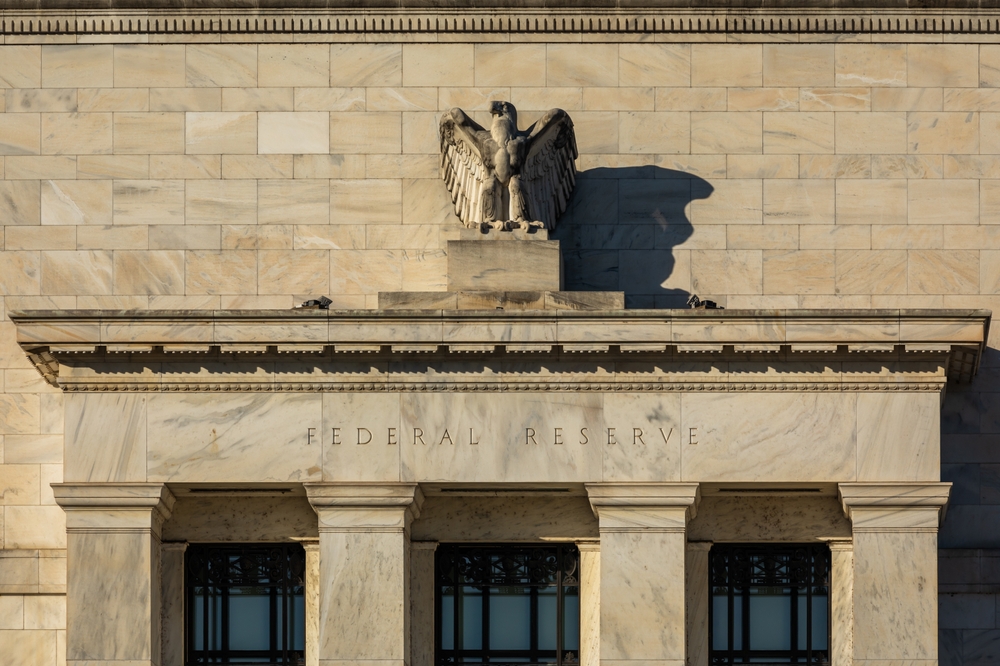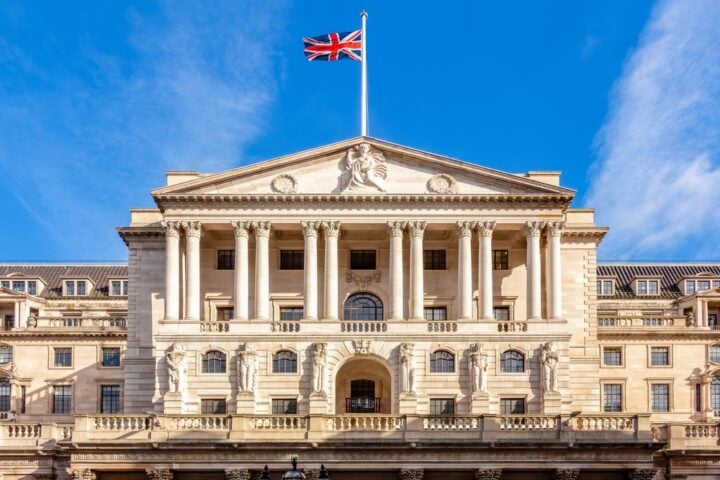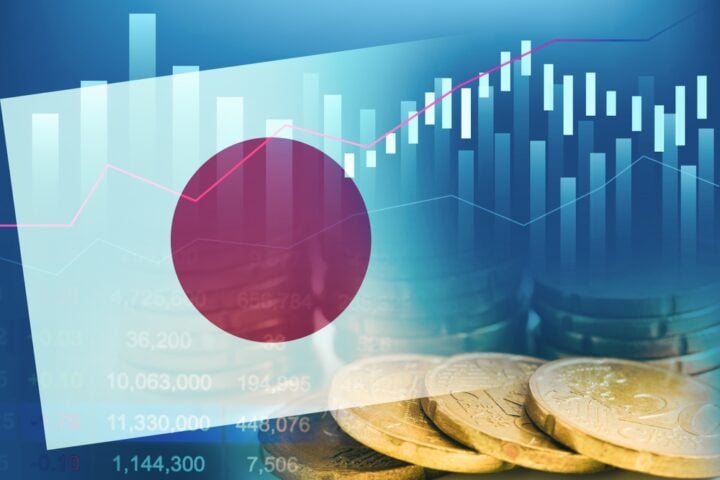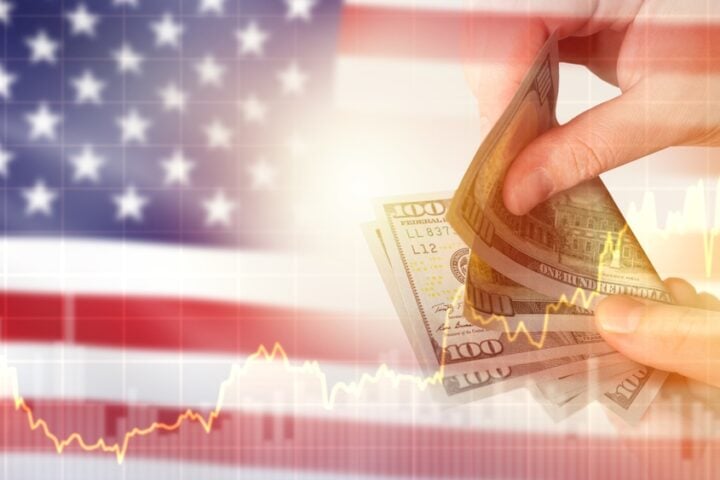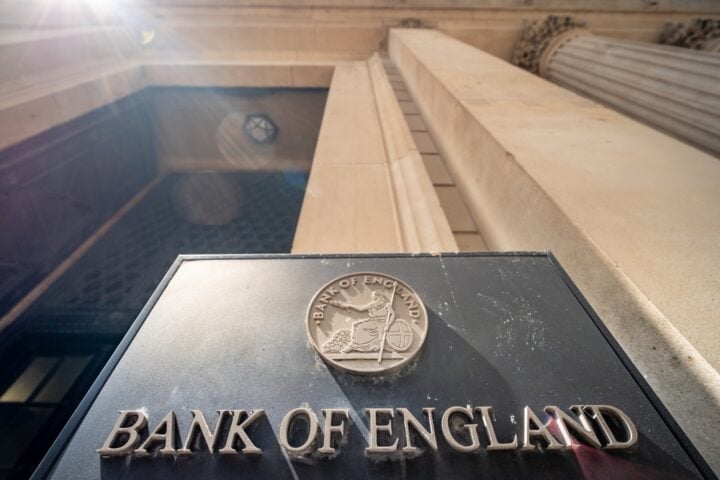The re-election of Donald Trump as president has reignited concerns over the Federal Reserve’s independence, particularly given his history of criticizing the central bank and its chair, Jerome Powell, for not cutting interest rates aggressively during his first term.
Earlier this year, a Wall Street Journal report revealed that Trump’s allies had drafted a proposal that would challenge the Fed’s autonomy. The plan reportedly included subjecting the Fed’s regulations to White House review and empowering the Treasury Department as a check on the central bank. A key element of the proposal is to appoint a Trump loyalist to replace Powell when his term ends in 2026.
Changing the Fed’s Independence Won’t Be Easy
Efforts to alter the structure of the Federal Reserve would face significant hurdles. Any changes to the Federal Reserve Act—the 1913 legislation establishing the Fed’s independence—would require Congressional approval. Despite Republicans gaining control of the Senate and a projected House majority, there’s little indication of appetite among GOP lawmakers to undertake such a significant amendment.
If Trump appoints a loyalist as Powell’s successor, experts suggest that achieving major changes without data-backed support would be difficult. Former senior Fed adviser William English highlighted that any chair attempting politically motivated adjustments would face resistance from other Fed officials. “The [Fed] would do what it thinks is the right thing to do,” English told CNN.
Fed’s Role and Challenges Ahead
For over seven decades, the U.S. central bank has operated as an independent entity, making decisions on interest rates without consulting the president or other elected officials. This separation is essential to the Fed’s mission of making difficult, sometimes unpopular, decisions aimed at long-term economic health.
Central bankers are often tasked with curbing economic overheating—akin to taking away the punchbowl when the party starts, as one former Fed chair famously described it. Trump’s return could challenge this operational principle.
Trump’s Take on Interest Rates
Trump’s prior statements on the Fed have raised eyebrows. In August, he argued that the president should have a voice in interest rate decisions. “I feel the president should have at least a say in there. I feel that strongly,” Trump said, citing his business success as evidence of his economic instincts.
However, after facing backlash, Trump softened his stance. In an interview with Bloomberg News, he said, “That doesn’t mean I’m calling the shot, but it does mean that I should have a right to be able to talk about it like anybody else.”
Outlook and Uncertainty
While it’s unclear if Trump or any president could unilaterally diminish the Fed’s independence or if it would require Congressional action, the possibility has stirred debate. Neither the Trump campaign nor the Federal Reserve provided comments to CNN on the matter.
As Trump prepares to take office in January, economists, investors, and policy watchers will closely monitor his administration’s approach toward the Federal Reserve and any potential policy shifts that could impact the bank’s long-guarded independence.


